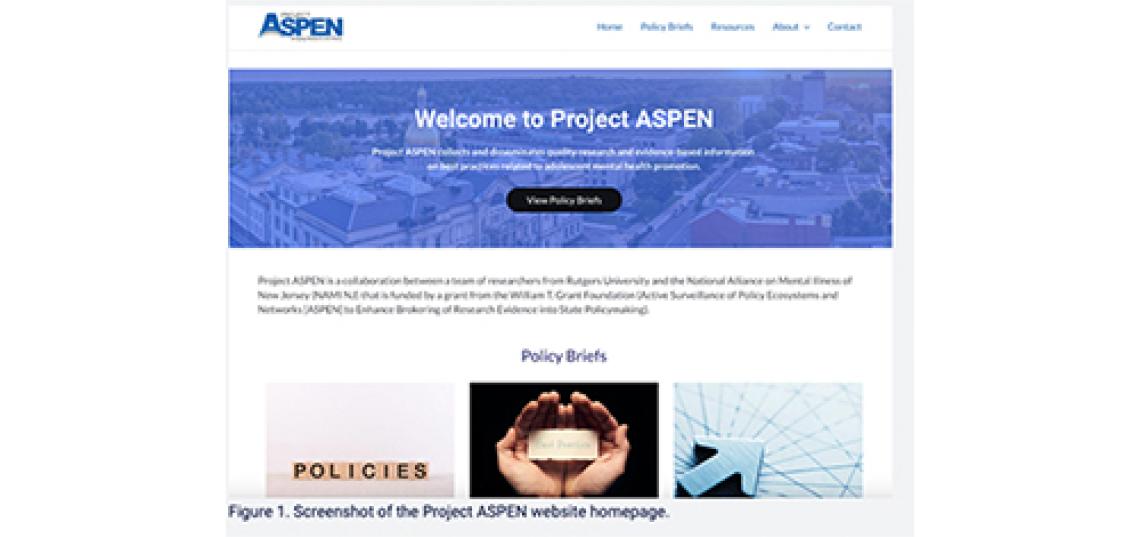
A study conducted to determine the ways in which health policy makers and advocates utilize online resources for policy-relevant knowledge found that Google Ads were effective in driving a high volume of policy web page views but was ineffective in terms of relative costs.
“More targeted approaches such as email campaigns and tailored research presentations given to policy makers and advocates to promote the use of research evidence on the knowledge portal website are likely to be more effective when balancing goals and cost-effectiveness,” said lead author SC&I Associate Professor of Communication Matthew Weber.
The results of this test are important, Weber said, because “Knowledge brokering is one potential - and powerful - mechanism to encourage the use of research evidence in policy making, but the mechanisms of knowledge brokerage in online spaces are understudied.”
The team’s paper, “Testing Multiple Methods to Effectively Promote Use of a Knowledge Portal to Health Policy Makers: Quasi-Experimental Evaluation,” was published in the Journal of Medical Internet Research. Weber’s co-authors include SC&I Ph.D. student Veronica L. Armour, Calandra Lindstadt, Ph.D., a SC&I postdoctoral associate in the Aspen Lab in Communication, and SC&I Professor of Communication Itzhak Yanovitzky.
“These findings highlight the relative advantages and disadvantages of research dissemination via research portals. As such they can be potentially useful for guiding future investments in the creation of such tools.” – Professor of Communication Itzhak Yanovitzky.
They tested four tactics to drive user engagement with policy briefs, Weber said.
To conduct the study, the team created a knowledge portal named the Project ASPEN Knowledge Portal. After designing and building the knowledge portal, they conducted a keyword ad buy, promotion in Facebook groups, email campaigns, and presentations to targeted advocate groups. In each case, they tested how the approach impacted downloads of the policy briefs and engagement with the website.
“Our campaign generated 2837 unique user visits to the knowledge portal and 4713 page views. In addition, the campaign generated 6.5 policy web page views/day and approximately 1 policy brief downloads/day compared with approximately 2 views/day and 1 download/day in the month following the campaign.”
According to Yanovitzky, “These findings highlight the relative advantages and disadvantages of research dissemination via research portals. As such they can be potentially useful for guiding future investments in the creation of such tools.”
Weber said they found that the rate of policy brief page view conversions was significantly higher for Google Ads compared with other channels such as email and tailored research presentations, and in addition, the download conversion rate for Google Ads was significantly higher compared with social media and knowledge brokering activities. By contrast, the download conversion rate for the email campaign was significantly higher than that for social media and tailored research presentations.
Discover more about the Communication Department and the Ph.D. Program at the Rutgers School of Communication and Information on the website.
